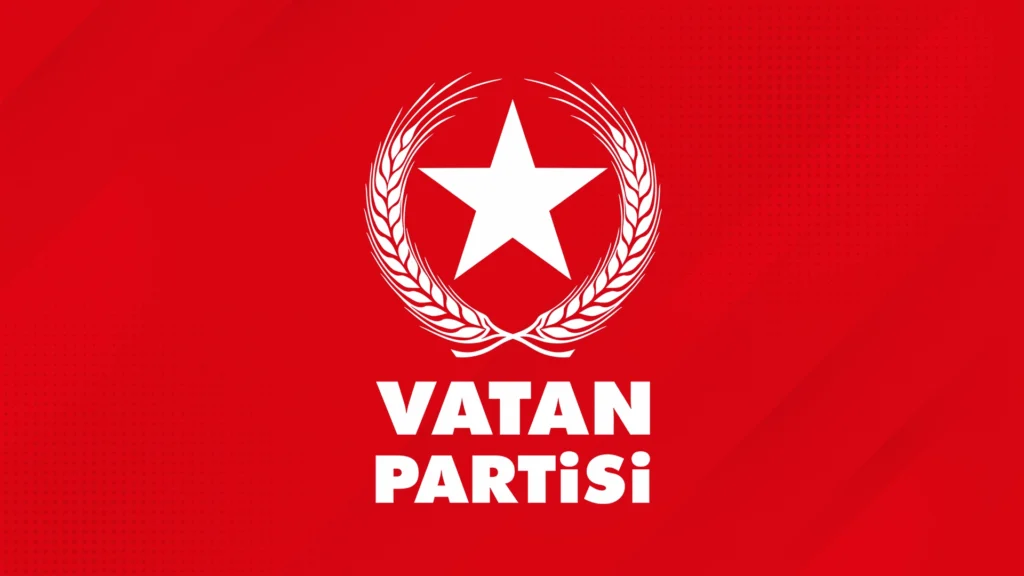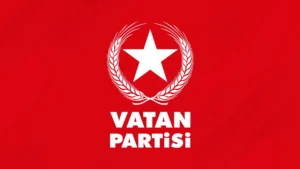Utku Reyhan’ın açıklaması şöyle:
“Bugün çeşitli basın organlarında “Vatan Partisi Yöneticisine Bylock Tutuklaması” başlıklı haberler yer almıştır.
Partimizin gençlik kolları olan Öncü Gençlik’in Ankara Başkan Yardımcısı üyemiz Anıl Eren Yıldız, Ordu’da yürütülen bir soruşturma kapsamında “Bylock” programını kullandığı iddiasıyla tutuklanmıştır.
Partimiz, FETÖ’ye karşı 40 yıldır mücadele eden, bu örgütün bütün bağlantılarını ortaya çıkaran ve bugün üzerine yürünmesi noktasında en önemli rolü oynayan kurumdur. Fethullah Terör Örgütü adını bizim Partimiz koymuştur. Vatan Partisi’ni çıkarırsanız, Türkiye’nin FETÖ ile mücadelesinde hiçbir şey bulamazsınız. Devlet kurumlarına ve siyasal partilere yerleştirilen bu terör örgütünün etkili olamadığı tek yer Vatan Partisi’dir. Vatan Partisi ABD güdümlü FETÖ’nün sürekli baş hedefi olmuştur. En son Ergenekon-Balyoz tertibinde Genel Başkanımız dahil Partimizin önde gelen yöneticileri yıllarca hapiste kalmıştır. FETÖ’nün üzerimize ördüğü Silivri duvarlarını partimizin ve milletimizin gücüyle içeriden ve dışarıdan yıktık. 15 Temmuz darbesi en başta Vatan Partisi sayesinde önlenmiştir.
15 Temmuz Amerikancı FETÖ’cü darbe teşebbüsünden önce başlayan ve sonrasında da devam eden FETÖ’ye karşı soruşturma ve kovuşturmaları kararlı olarak destekliyoruz. Bu uygulamaları zaafa uğratacak her türlü engellemenin ve sulandırmanın da karşısındayız.
Bir Vatan Partisi üyesinin tutuklanması, FETÖ ve PKK dostu çevrelerde sevinç yarattı. Çünkü böylece yürütülen soruşturmaların haksız olduğu şüphesini kuvvetlendirdiklerini düşünüyorlar.
Üyemiz Anıl Eren Yıldız hakkındaki tutuklama kararına itiraz edilmiştir. Adalete güveniyoruz. Soruşturma süratle sonuçlandırılmalı, FETÖ davalarının ciddiyetine gölge düşüren uygulamalardan uzak durulmalıdır.
Kamuoyuna saygı ile duyurulur.
Utku Reyhan
Vatan Partisi Genel Sekreteri”



